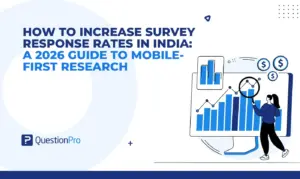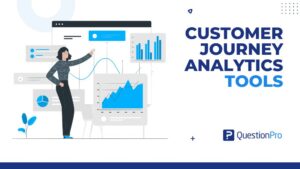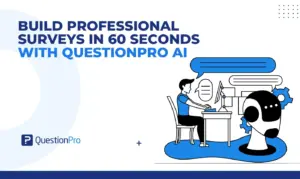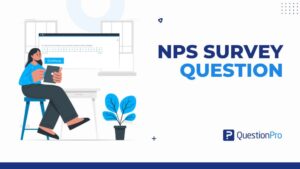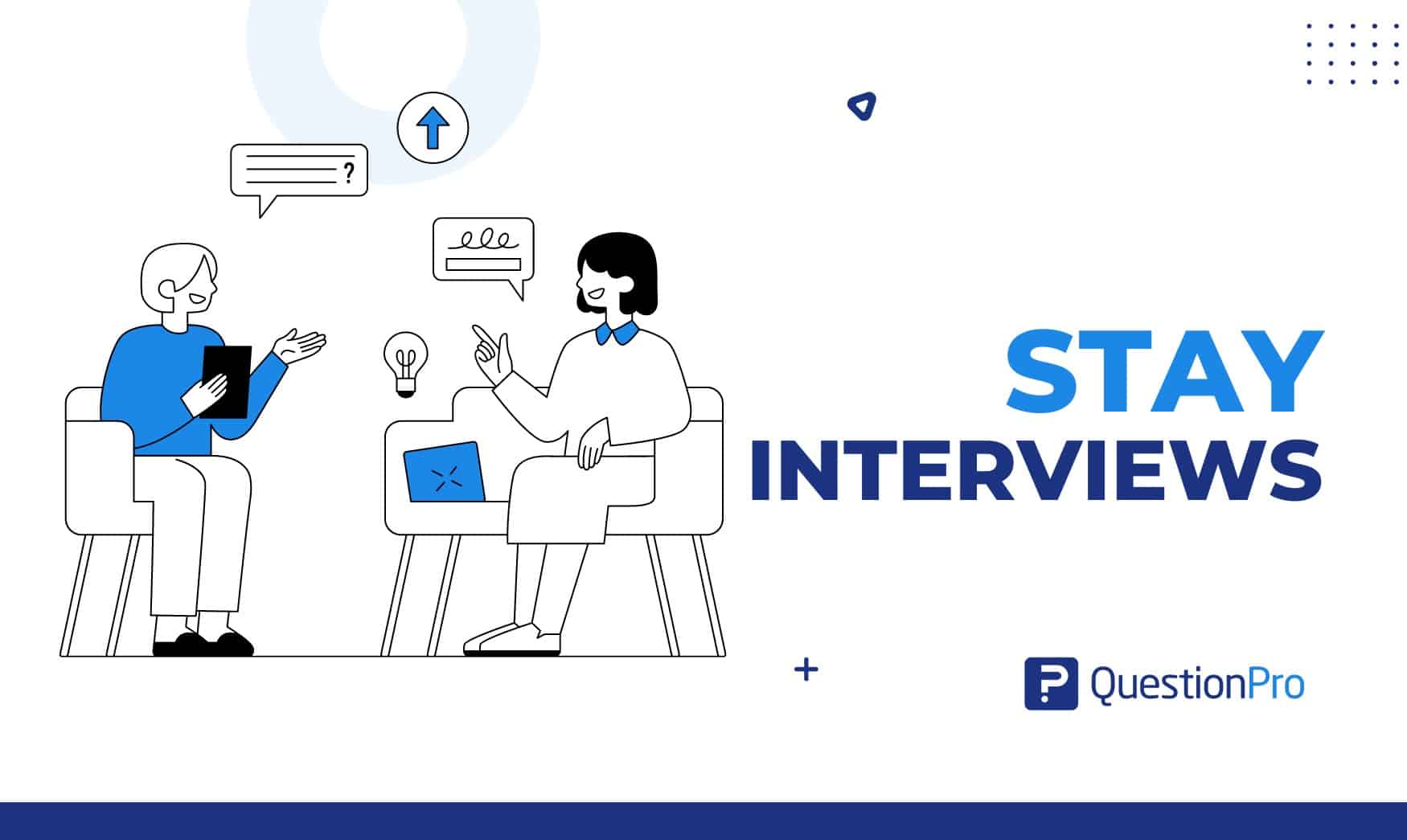
Stay interviews focus on understanding employee motivations and concerns to address retention and engagement proactively. It has become a powerful tool for organizations to nurture a loyal and engaged workforce.
Contrary to the traditional exit interviews held as employees depart, stay interviews are proactive dialogues between managers and employees. They aim to discover what motivates employees to stay with the organization and pinpoint potential issues that could cause dissatisfaction.
Exploring employees’ perceptions, aspirations, and concerns provides valuable insights that enable organizations to tailor retention strategies, enhance communication, and foster a positive workplace culture.
Let’s explore the importance of stay interviews and how they benefit employees and organizations.
What are Stay Interviews?
Stay Interviews are structured, proactive conversations between a manager and an employee to uncover what motivates the employee to stay with the organization and identify any potential issues that might lead them to consider leaving.
Stay interviews help managers learn what makes employees happy and motivated at work. They explore how employees feel about their work environment, their career goals, and what personally drives them.
Unlike exit interviews, which happen when someone leaves the company, these interviews are held while employees work there. The goal is to keep employees engaged and prevent them from wanting to leave.
The primary goal is to preemptively address concerns and enhance employee experience, improving retention and fostering a positive workplace culture.
Also read: Stakeholder Interviews: A Guide to Effective Engagement
The Importance of Stay Interviews
Conducting stay interviews as part of a regular process within your organization not only makes your employees feel valued but also generates important insights for better human resource management. However, these are just some of the basic benefits of this type of initiative. Here are a few more reasons to start implementing these measures to ensure success opportunities in your company.
1. Boost Employee Engagement
Stay interviews help managers understand what aspects of their job employees enjoy the most. This knowledge allows organizations to enhance those aspects, creating a more engaging and fulfilling work environment. Engaged employees are more productive, loyal, and motivated to contribute to the company’s success.
Example: If employees value working on creative projects, a manager can ensure they are assigned more tasks, boosting their engagement and enthusiasm.
2. Identify and Address Issues Early
By discussing potential concerns or frustrations, employees’ stay interviews allow managers to address issues before they escalate into major problems. This proactive approach helps prevent dissatisfaction and reduces the risk of employees needing to leave.
Example: If an employee mentions they feel overwhelmed by their workload, a manager can explore solutions like redistributing tasks or providing additional support.
3. Personalize Retention Strategies
Each employee is unique, with different motivations and goals. It provides insights into individual needs, enabling managers to tailor retention strategies accordingly. This personalized approach shows employees that the organization values their specific contributions and career aspirations.
Example: If an employee expresses interest in professional development, the company can offer training opportunities or a mentorship program tailored to their interests.
4. Strengthen Trust and Communication
Regular stay interviews foster open and honest communication between employees and managers. This builds a trusting relationship where employees feel comfortable sharing their thoughts and feedback, knowing it will be taken seriously and acted upon.
Example: Employees might be more willing to discuss their long-term career goals if they trust that their manager is genuinely interested in helping them achieve them.
5. Improve Retention and Reduce Turnover Costs
High employee turnover is costly and disruptive. Stay interviews help identify what keeps employees with the company, allowing organizations to make necessary adjustments to improve retention. This saves on recruitment and training costs and maintains team stability and productivity.
Example: If stay interviews reveal that employees value flexible working arrangements, the company can implement or enhance remote work policies to retain employees’ talent.
6. Foster a Positive Workplace Culture
Employees feeling heard and valued contributes to a positive workplace culture. Stay interviews show that the organization cares about its employees’ well-being and career growth, which can enhance overall job satisfaction and morale.
Example: Employees will likely feel more positive about their workplace if their feedback leads to tangible improvements, such as updated office equipment or more team-building activities.
7. Data-Driven Decision Making
The insights from stay interviews provide valuable data that can guide organizational decisions. This information helps understand broader trends and joint issues, leading to more informed strategies and policies that benefit the workforce.
Example: If multiple employees highlight the need for better communication tools, the organization can prioritize investing in technology that facilitates more effective collaboration.
How to Conduct a Stay Interview
Conducting a stay interview requires careful planning and execution to ensure that meaningful insights are gathered and actionable steps are taken to address employee needs. Here’s a step-by-step guide on how to successfully conduct stay interviews:
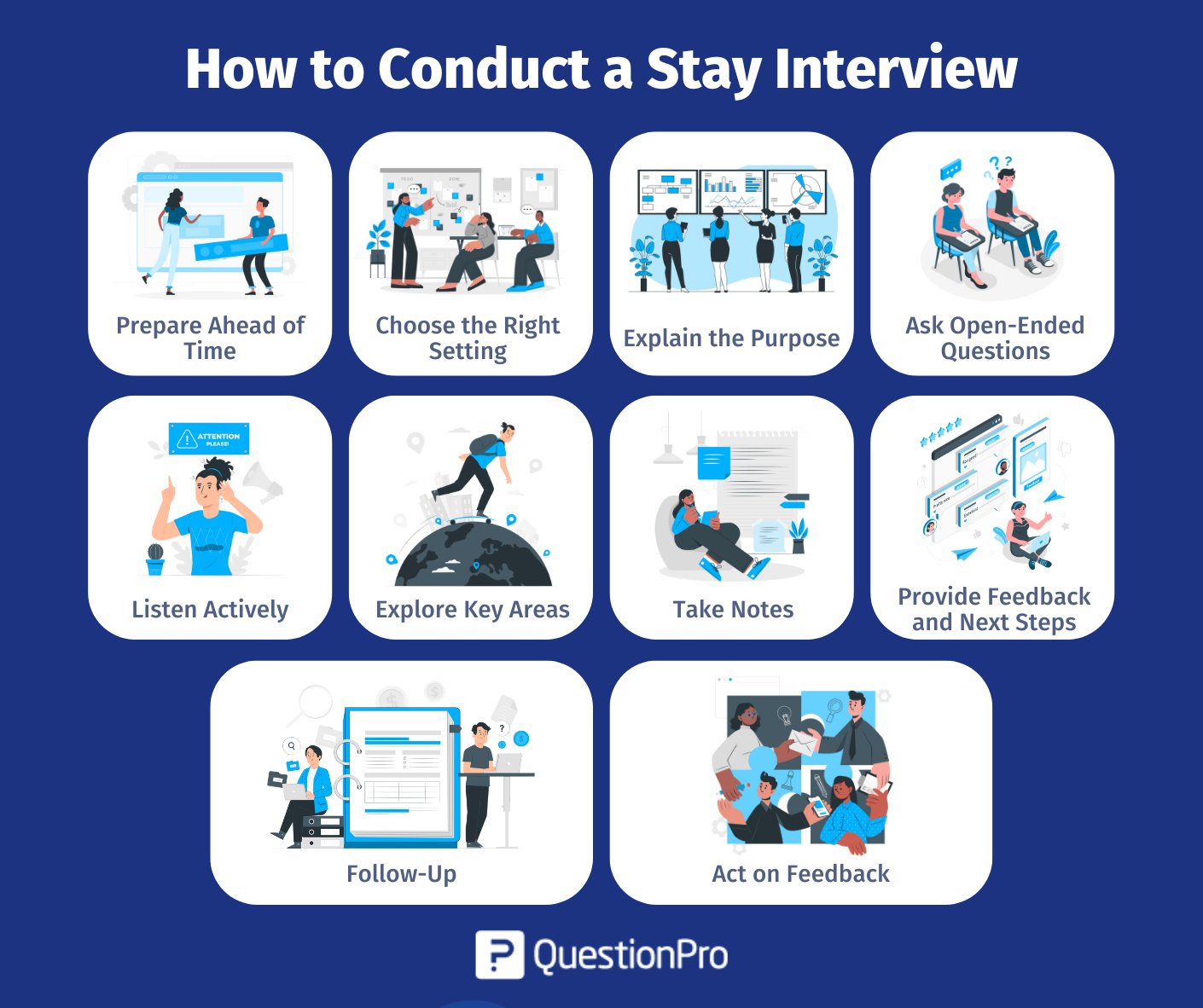
- Prepare Ahead of Time: Before the interview, review the employee’s performance, past feedback, and any relevant information about their role and responsibilities. This will help you tailor the conversation and ask appropriate questions.
- Choose the Right Setting: Select a quiet and private location where employees feel comfortable expressing themselves openly. Avoid interruptions to maintain focus during the interview.
- Explain the Purpose: Start the interview by explaining the purpose of the conversation. Let the employee know that their feedback is valued and will be used to improve their organizational experience.
- Ask Open-Ended Questions: Encourage employees to share their thoughts and feelings by asking open-ended questions. Avoid leading questions and allow them to express themselves freely.
- Listen Actively: Pay close attention to what the employee is saying without interrupting. Show genuine interest in their responses and ask follow-up questions to delve deeper into specific topics.
- Explore Key Areas: During the interview, cover various topics, including job satisfaction, career aspirations, work-life balance, and any challenges the employee may face. This will provide a comprehensive understanding of the employee’s experience.
- Take Notes: Record key points and insights during the interview to reference later. This will help you remember important details and track any actions that need to be taken based on the feedback received.
- Provide Feedback and Next Steps: At the end of the interview, summarize the key points discussed and thank the employee for their input. Discuss any immediate actions that will be taken based on their feedback and outline the next steps in the process.
- Follow-Up: After the interview, follow up with the employee to provide updates on any actions taken and to continue the conversation. Regular check-ins will show their feedback is valued and help maintain open communication.
- Act on Feedback: Use the insights from the stay interview to make meaningful organizational changes and improvements. Address any concerns raised by the employee and implement solutions to enhance their experience.
Stay Interview Question Examples
Stay interviews are an opportunity to discover what motivates and engages employees and identify potential concerns or improvement areas. Here are some examples of questions to ask during a stay interview:
- What do you enjoy most about your job?
- What aspects of your role do you find most challenging?
- Are there any tasks or responsibilities you would like to take on in the future?
- How do you feel about your current workload? Is it manageable?
- What keeps you motivated to come to work every day?
- Are your skills and talents being fully utilized in your current role?
- What professional development or growth opportunities would you like to see in the organization?
- How do you feel about the support and resources provided to you in your role?
- Do you want any changes or improvements in our team or department?
- How satisfied are you with your work-life balance in your current role?
- Do you feel recognized and appreciated for your contributions to the team?
- What would make you consider leaving the organization in the future?
- How will your career progress within the company in the next few years?
- Can we, as your managers or the organization, do anything to support you in your role better?
- What additional resources or training would benefit you in your current role?
These questions encourage open and honest communication and provide valuable insights into the employee’s experience, motivations, and aspirations within the organization.
Managers can demonstrate their commitment to employee satisfaction and retention by actively listening to their responses and addressing any concerns raised.
Stay Interviews vs Exit Interviews
Stay Interviews and Exit Interviews are essential for employee retention and organizational improvement strategies. Both serve distinct purposes and are conducted at different stages of the employee lifecycle.
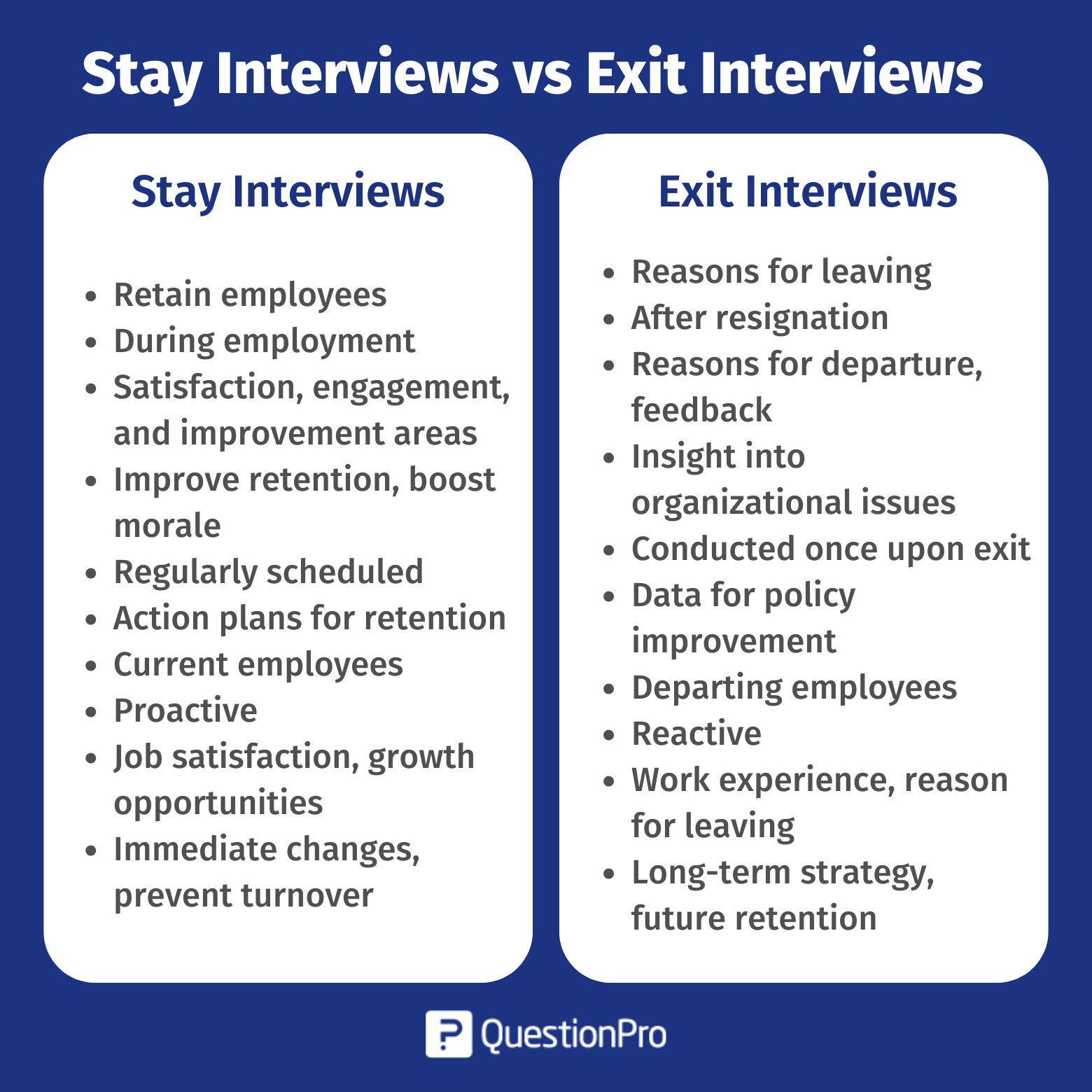
Stay Interviews
Purpose:
- To understand what motivates employees to stay with the company.
- To identify and address potential issues before they lead to employee turnover.
- To gather feedback on what the organization is doing well and what can be improved.
Timing:
- Conducted periodically during an employee’s tenure.
- Often scheduled annually or bi-annually but can be done more frequently if needed.
Focus Areas:
- Job satisfaction and engagement.
- Career development opportunities.
- Work environment and culture.
- Relationship with managers and colleagues.
- Suggestions for improvement.
Benefits:
- Helps in early identification and resolution of issues.
- Enhances employee engagement and satisfaction.
- Provides actionable insights for improving retention strategies.
- Strengthens the relationship between employees and management.
Challenges:
- Requires commitment and follow-through from management.
- This may raise expectations that need to be managed carefully.
- Needs to be conducted in a way that encourages honest feedback.
Exit Interviews
Purpose:
- To understand why employees are leaving the company.
- To gain insights into potential areas of improvement within the organization.
- To identify trends in turnover and address systemic issues.
Timing:
- Conducted after an employee resigns, typically during their last week of employment.
Focus Areas:
- Reasons for leaving.
- Experience and satisfaction with the job and company.
- Feedback on management and leadership.
- Suggestions for organizational improvement.
Benefits:
- Provides valuable feedback for improving the workplace.
- Helps identify patterns and trends in employee turnover.
- Offers insights that can be used to improve retention and reduce future turnover.
- This can lead to improvements in recruitment, onboarding, and training processes.
Challenges:
- Employees may not be fully honest, especially if they are concerned about burning bridges.
- Timing can affect the quality and depth of feedback.
- Requires careful analysis and implementation of feedback to be effective.
Comparison
| Aspect | Stay Interviews | Exit Interviews |
|---|---|---|
| Purpose | Prevent turnover, improve satisfaction and engagement | Understand reasons for leaving, improve retention strategies |
| Timing | During employment, periodically | After resignation, typically during the notice period |
| Focus | Motivations, job satisfaction, career growth, suggestions | Reasons for leaving, job experience, organizational feedback |
| Benefits | Proactive issue resolution, enhances engagement, strengthens relationships | Proactive issue resolution enhances engagement, strengthens relationships |
| Challenges | Requires commitment, managing expectations, encouraging honesty | Potential lack of honesty, timing affects feedback quality, requires careful implementation |
Benefits of Stay Interviews
Stay interviews offer numerous benefits for employees and organizations, contributing to a more engaged, satisfied, and productive workforce. Here are some key benefits:
- Enhanced Employee Engagement: Stay interviews provide a platform for employees to voice their opinions, concerns, and aspirations. This engagement fosters a sense of ownership and commitment to their roles and the organization.
- Proactive Issue Identification: Organizations can identify potential issues or concerns before they escalate by conducting stay interviews. This proactive approach allows for timely intervention and resolution, reducing the likelihood of turnover.
- Tailored Retention Strategies: Insights gained from stay interviews enable organizations to tailor retention strategies to individual employees’ needs and preferences. This personalized approach demonstrates that the organization values and cares about its employees, fostering loyalty and commitment.
- Improved Communication and Trust: Regular stay interviews facilitate open and honest communication between employees and management. This transparent dialogue builds trust and strengthens the relationship between employees and their supervisors, leading to a more positive work environment.
- Cost Savings: Retaining employees is more cost-effective than recruiting and training new ones. By identifying and addressing factors contributing to turnover, stay interviews help organizations save on recruitment costs and maintain continuity within their teams.
- Enhanced Employee Morale: Stay interviews help employees feel heard and valued, boosting morale and job satisfaction. This positive sentiment can translate into higher motivation, productivity, and well-being.
- Data-Driven Decision-Making: Stay interviews provide valuable data and insights to inform organizational decision-making. By analyzing trends and common themes across interviews, organizations can identify areas for improvement and implement targeted initiatives to enhance employee satisfaction and retention.
- Continuous Improvement: Stay interviews are not a one-time event but an ongoing process. By regularly soliciting employee feedback, organizations can continuously adapt and improve their policies, practices, and company culture to better meet the needs of their workforce.
Challenges of Stay Interviews
Here are the challenges often encountered with stay interviews:
- Time Constraints: Finding dedicated time for stay interviews amidst busy schedules can be difficult for managers and employees.
- Managerial Skills: Not all managers may possess the necessary skills to conduct compelling stay interviews, requiring additional training.
- Employee Participation: Employees may be hesitant to share honest feedback due to concerns about confidentiality or repercussions.
- Question Relevance: Crafting relevant and insightful questions tailored to each employee’s role and experience can be challenging.
- Follow-Up and Action Planning: Stay interviews may lead to meaningful change with clear action plans and accountability mechanisms.
- Data Analysis: Analyzing stay interview data and integrating it with broader organizational strategies requires robust tools and processes.
- Cultural Resistance: Overcoming resistance to new practices, such as stay interviews, within an organizational culture can hinder implementation.
- Managing Expectations: Ensuring employees understand the purpose and limitations of stay interviews can help manage unrealistic expectations.
QuestionPro Workforce in Stay Interviews
QuestionPro Workforce is a powerful tool that can enhance the effectiveness of stay interviews by streamlining the process and providing robust data collection and analysis capabilities. Here’s how QuestionPro Workforce can be utilized in stay interviews:
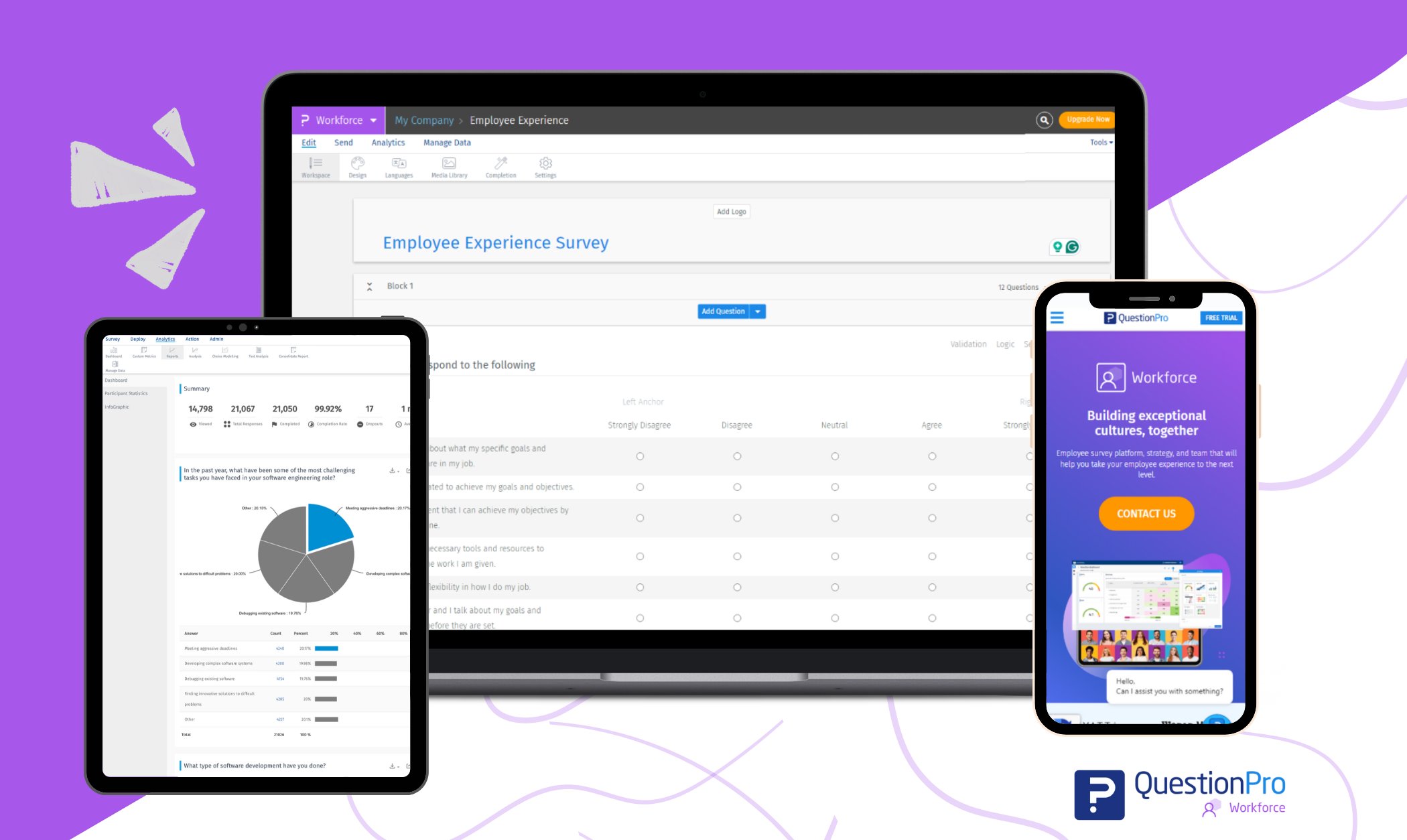
1. Automated Scheduling and Reminders
QuestionPro Workforce can simplify scheduling by automatically sending interview invitations and reminders to managers and employees. This ensures that stay interviews are conducted promptly and reduces the likelihood of scheduling conflicts.
2. Customizable Questionnaires
The platform allows organizations to create customized stay interview program questionnaires tailored to their needs and objectives. This flexibility enables managers to ask relevant questions that align with the organization’s culture and priorities.
3. Data Analysis
QuestionPro Workforce offers advanced analytics capabilities that allow organizations to analyze the data collected during stay interviews. This includes identifying trends, patterns, and common themes across interviews providing valuable insights into employee sentiments and concerns.
4. Feedback Tracking
The platform enables organizations to track and monitor employee feedback over time. This allows managers to assess changes in employee perceptions and attitudes, measure the effectiveness of interventions, and track progress toward organizational goals.
5. Confidentiality Assurance
QuestionPro Workforce ensures the confidentiality of employee responses, creating a safe and secure environment for employees to provide honest feedback. This confidentiality encourages open communication and trust between employees and management.
Conclusion
Stay interviews are a beacon of proactive employee engagement and retention strategy in today’s competitive job market. Organizations can gain invaluable insights into what drives employee satisfaction, engagement, and loyalty by conducting these structured conversations.
The benefits of stay interviews are manifold, from boosting morale and fostering trust to tailoring retention strategies and driving data-driven decision-making. Leveraging tools like QuestionPro Workforce further enhances the effectiveness of stay interviews, streamlining the process and providing actionable data to drive organizational success.
As organizations prioritize employee well-being and engagement, stay interviews will remain a cornerstone of their retention efforts, paving the way for a more fulfilling and sustainable workplace culture.
Frequently Asked Questions (FAQs)
A: Stay interviews are structured, proactive conversations between a manager and an employee to uncover what motivates the employee to stay with the organization and identify any potential issues that might lead them to consider leaving.
A: Stay interviews provide valuable insights into employee satisfaction, engagement, and potential issues, allowing organizations to tailor retention strategies and improve workplace culture.
A: Stay interviews are typically conducted periodically during an employee’s tenure, such as annually or semi-annually, to gather ongoing feedback.
A: Questions in stay interviews often focus on job satisfaction, career aspirations, work environment, challenges faced, and suggestions for improvement.
A: Managers can ensure the effectiveness of stay interviews by preparing ahead of time, creating a comfortable environment, asking open-ended questions, actively listening, and acting on the feedback received.




